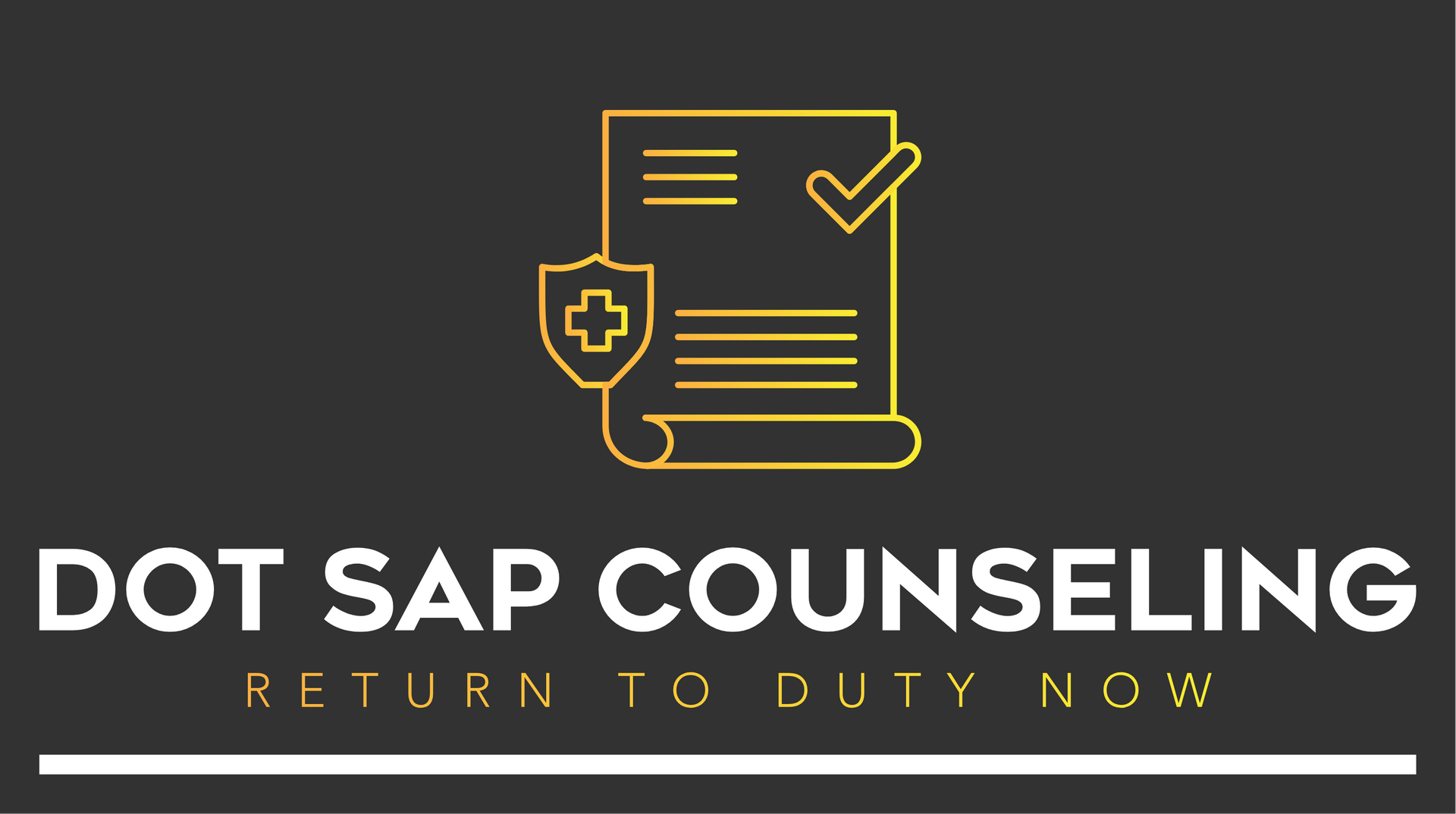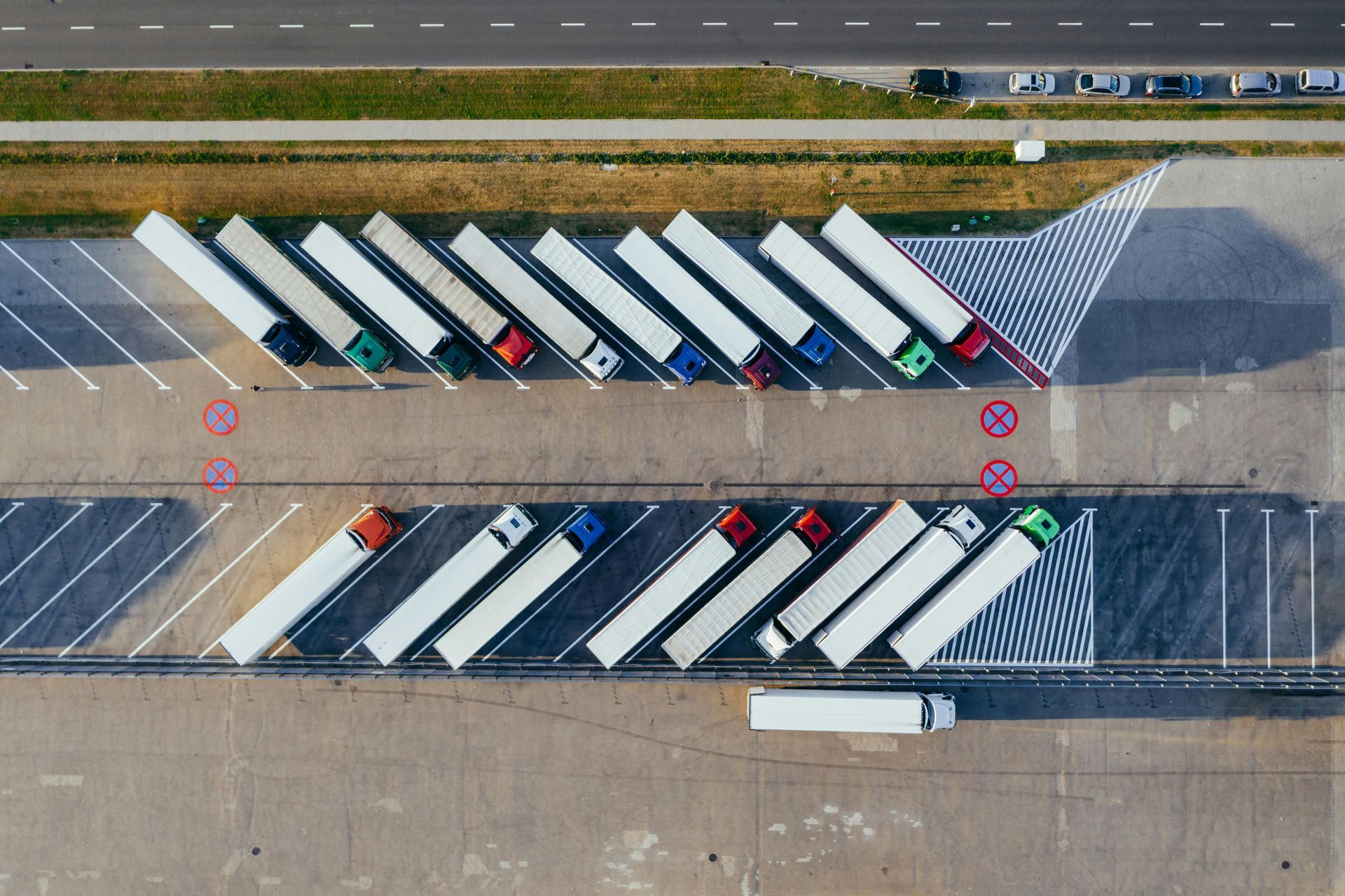FMCSA DOT SAP; Frequently Asked Questions
What is the SAP process for FMCSA?
The SAP provides the employer with recommendations for education/treatment. After the driver completes the education/ treatment, the SAP re-evaluates the driver to determine compliance and establish a follow-up testing plan.
What does SAP mean for dot?
The Substance Abuse Professional (SAP) is a person who evaluates employees who have violated a DOT drug and alcohol program regulation and makes recommendations concerning education, treatment, follow-up testing, and aftercare.
What is dot in SAP?
The DOT SAP Program stands for the Department of Transportation Substance Abuse Professionals Program. It's a crucial part of keeping our roads safe.
How long does SAP for DOT take?
This whole process can take weeks to months to finish. Second, there is the follow-up testing program. According to the regulations, the SAP is required to recommend a minimum of 6 unannounced observed drug tests in the first 12 months after returning to duty.
How long does SAP stay on your record?
Here's the key point: A violation stays in the Clearinghouse for five years after the driver completes the SAP process. This means that if a driver doesn't complete the SAP process, the violation will remain in the Clearinghouse indefinitely.
What are the steps in the SAP program DOT?
It is made up of five steps: initial substance abuse professional (SAP) evaluation, treatment and education, follow-up SAP evaluation, return-to-duty testing, and follow-up testing/ongoing treatment.
What is SAP in CDL?
The driver must be evaluated by a substance abuse professional (SAP), who also oversees the driver's treatment and education plan.
What happens at a SAP evaluation?
The evaluation begins with an initial assessment, where the Substance Abuse Professional (SAP) gathers detailed information about the employee's substance use history, current situation, and any relevant medical or psychological conditions.
What is the FMCSA return to duty process?
Before an employer allows a driver to return to duty to perform a safety-sensitive function after the driver has violated prohibitions of 49 CFR 382, Subpart B, that driver must first do the following: Be evaluated by a substance abuse professional (SAP). Participate in/complete the treatment program prescribed._
What is RTD in Clearinghouse?
The Clearinghouse contains records of violations of drug and alcohol prohibitions in 49 CFR Part 382, Subpart B, including positive drug or alcohol test results and test refusals. When a driver completes the return-to-duty (RTD) process and follow-up testing plan, this information is also recorded in the Clearinghouse.
What is a SAP violation?
DOT SAP violations are serious offenses that can jeopardize public safety. They include alcohol or drug use while operating commercial vehicles, refusal to undergo testing, or violating alcohol and drug testing regulations.
How long does a SAP violation last?
Duration on Your Record: Five-Year Retention Period:The FMCSA Clearinghouse retains records of drug and alcohol violations, including SAP evaluations and return-to-duty statuses, for five years from the date of the violation or until the driver completes the return-to-duty process, whichever is later.
How do I clear SAP?
To clear an account, proceed as follows: From the Accounts Receivable/Accounts Payable-, or General Ledger menu, choose Account Clear. The Clear: Header Data screen is displayed. Enter the account number in the Account field and if necessary, also enter a currency key for the clearing document in the Currency field.
DOT Qualified SAP.
A DOT-qualified Substance Abuse Professional (SAP) is a licensed or certified professional who evaluates employees who have violated DOT drug and alcohol regulations, recommending education, treatment, follow-up testing, and aftercare to ensure safe return to duty.
Return To Duty.
What happens if you fail a FMCSA drug test?
Failing a drug test while working for a company regulated by the FMCSA (Federal Motor Carrier Safety Administration) can result in immediate removal from safety-sensitive functions, such as driving. You may also face other consequences, including a suspended CDL or loss of CDL eligibility.
Can you lose your CDL for a failed drug test?
It is essential to note that if you refuse to take a drug test or if you fail a drug test, it is considered a violation of DOT regulations, and your CDL may be suspended or revoked as well.











